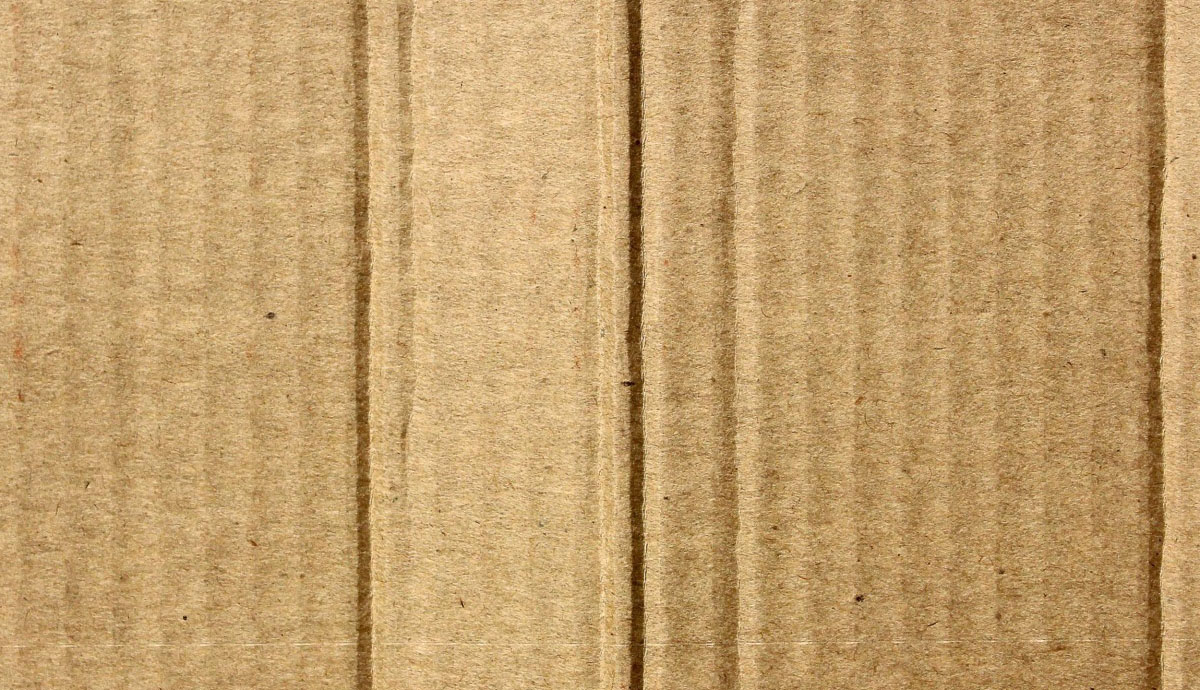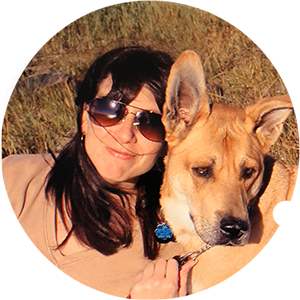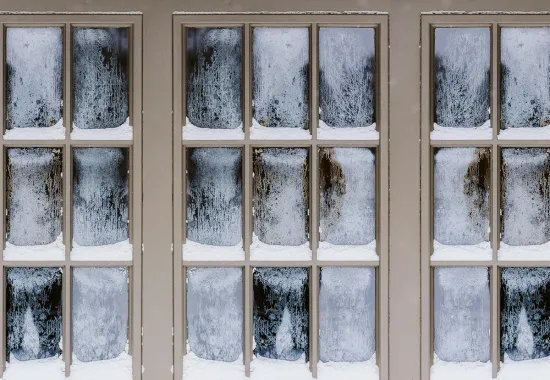Something Ugly
When I open the closet door, the coat is there, pushed to one end of the rack. It is my father’s coat. One of those proto-puffer jackets from the ’60s, from when he was a young man, just back from Korea where he had worked as a translator and not a soldier. He told me he bought that coat in a flea market in France on his way home. He and his best friend from the army bought secondhand motorcycles and rode their way across Europe on their way back. In Lisbon, they lay the bikes down on their sides outside the gates to the port, and boarded their boat home. I have always been enchanted that they did this; as if they were inviting the next young men to pick up the bikes and continue on after them.
Even after the closet has been emptied, and everything else has been packed into boxes and loaded into the car, I can’t bring myself to add the coat to one of them. This surprises me. I hate the coat. It is truly ugly. The color of chocolate pudding left too long in the refrigerator. The puffed sections saggy with age. For some reason, I imagined the air inside each section would smell like wet socks heated in a dryer. I’d never seen my father actually wear the coat, but he would never let my mother give it away.
I stood in the driveway, the coat folded over my arms as I watched the Salvation Army guys load the boxes I’d just packed into the back of their van and drive away. An idea had occurred to me. I drove to the care facility where my father had been imprisoned in his body for months now, a pair of eyes locked in a frozen body. The money he’d saved paid for the diaper-changing and spoon-feeding, kept him on ice, which seemed a waste to me. I was the only one who ever visited him. He’d made his bed with all of us and now he was lying in it.
I had not intended to go, but my wife suggested to me that being a kinder person than my father had ever been was the best revenge I could hope for. My wife is a lot smarter than I am, so I pushed aside the memories of my mother’s bruises, the mean-spirited hectoring of my sister about her weight. I put away the memories of the well-used belt that hung on the coatrack, the sound of the back of his hand cracking against my face, and I visited my silent, mean father once a week.
It was getting harder to go. Last week, after I left the false cheer of the facility’s decorated hallways, I had sat in my car in the parking lot and wept into my hands. Wept because the anger that had kept me safe my whole life with this man was being replaced by unfamiliar and deeply uncomfortable pity. The more I had to sit next to this once able-bodied, capable man and observe the folding of his fingers into themselves, his limbs being reeled in tighter and tighter against his torso, the worse I felt for him. I should have been pleased that I had defied my upbringing to become the kind of man who could feel sympathy for a suffering human being, even one like my father, but that’s not what I felt. Week after week, as my casually cruel, obnoxious father’s body became more and more like the carcass of a once-deadly insect drawing up and desiccating on a window sill, the more imprisoned his voice, the more put at the mercy of those he’d treated cruelly and the strangers hired to care for him, the more I felt the yeasty blooming of compassion within me. It was terrible. Completely unwarranted. The anger, the hatred had kept me whole and functioning. This alien compassion unhinged me.
As I came into my father’s room, I paused in the doorway, waiting for the nurse to finish resetting his catheter. Her cheerful Jamaican chatter filled the room with noise that sounded foreign to the despair of the place. She greeted me when she caught sight of me, continued on to the bathroom with the bag of my father’s dark urine. I walked slowly to the end of my father’s bed to the sound of her emptying the bag into the toilet and humming. My father’s eyes took me in as I entered his line of vision, but there was no way to know whether he knew me; his voice had long been frozen. I felt sick with pity, knowing how misplaced it was.
Standing there within his view, I did what I had come to do. I slipped the jacket on first one arm, then the other, gripped the collar and pulled the jacket tight around my torso. It felt dangerous and wrong to do it. The one time my father had caught my brother wearing it, he’d whipped him so badly that Jay had to sleep on his stomach for two days. Even now, knowing that my father could do nothing about it, that he would never be able to move from his bed again, I felt the dizzy familiarity of fear.
When I looked up, though, the man I had grown up with was staring back at me, fury in the eyes that had previously shown only capitulation.
His jacket. On me.
My shoulders went stiff with familiar hatred, recognizable anger. The pity curled and shrank within me, and I knew I would never visit again without wearing the jacket. It is possible to know something is ugly and still be unable to let it go.
Recommended
The Monstera
The Wild Women of Brigantine
The Salamander






